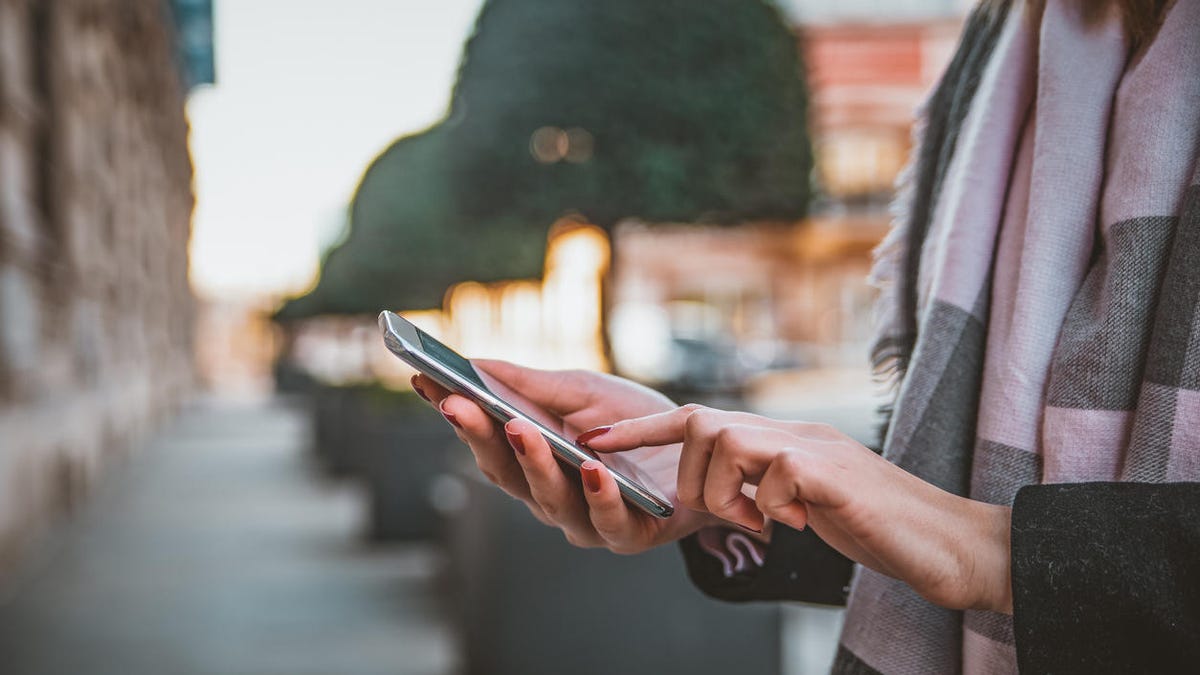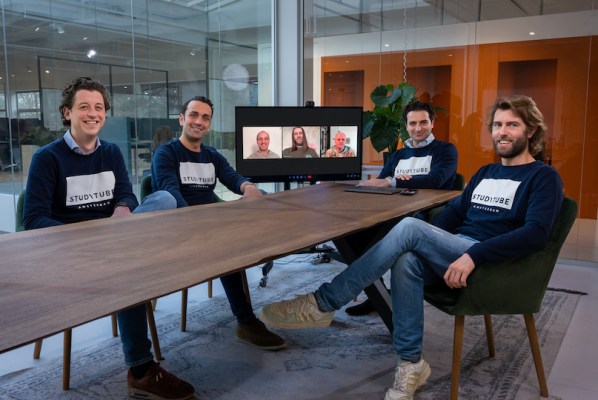How to write a thank you email after a job interview
Say you just got interviewed and want to cement a good impression — or make up for a less-than-perfect performance. Try writing an interview thank-you email.
Following up an interview with a concise thank-you email can help you stand out among other qualified candidates by demonstrating your soft skills.
Read on for our guide on how to craft a professional, well-written interview thank-you email.
Why send a post-interview thank-you email?
Sending an interview thank you email offers several major benefits:
- It shows appreciation and genuineness to your interviewer.
- It reaffirms your interest in the position.
- It brings you to the forefront of your interviewer’s mind.
Aside from showing gratitude and respect for your interviewer’s time, a thank you email allows you to stand out among other candidates who didn’t send one.
Check out our page on interview tips for help succeeding at your tech job interview. Remote interviews come with unique challenges, so read our phone interview tips, too.
Everything you need to include in an interview thank you email
When writing an interview follow-up/thank-you email, try to balance formality and genuine friendliness. Your tone should be enthusiastic, cordial, and relaxed.
Use the following suggestions to nail the perfect note.
Subject line
To ensure that your email is read, your subject line should include “Thank you” plus your name or the position you interviewed for.
Consider something like the following examples:
- Thank you — Jeanne Bridges interview
- Interview follow-up — Jeanne Bridges, graphic designer
Professional greeting and intro
Start with “Hello” or “Hi,” followed by the interviewer’s first name. Your interview may find an honorific (such as Ms./Mr./Mrs/Mx.) overly formal. If they become your colleague, you will address them by their first name, so it’s appropriate to use it here.
If the interview was in a more formal/traditional industry, you might use “Dear” instead of “Hello.”
Expression of interest for the position
Reaffirm your interest in the role in no more than a single sentence. You want your interviewer to know that you are interested in this job opportunity without sounding desperate. For example, you could write:
- “I’m excited about the opportunity to join your team at [name of company].”
- “The position sounded intriguing to me, and I’m curious to learn more.”
Underline your qualifications and expertise
Reiterate your qualifications for the role. Say that you are “confident” that you can fulfill the duties of this job, based on your experience level and one or two key skills that the interview touched on.
Be careful not to overdo this section with too many examples, as this can seem arrogant. You want to sound confident but not self-important.
Expression of appreciation for their time
Briefly express gratitude for the opportunity to interview for the role. You can say, for instance, that it was a pleasure speaking with your interviewer and learning about the position. You’ll assure the interview you appreciated their time. Don’t aim for flattery, though.
Expression of interest in next steps
Indicate your readiness for the next steps of the process. Let the interviewer know that they can contact you should they have questions or need anything further. Tell them that you look forward to learning more about the position.
You can even express readiness to contribute to a current company project that came up during the interview, mentioning how your professional background qualifies you to help.
After a final-round interview, you may also ask about the timeline for a decision.
(Optional) Brief discussion about topics of interest from the interview
To bring a more personal touch and demonstrate your attentiveness, try referencing a topic raised during the interview.
You can say that an ongoing organizational change the interviewer discussed sounds interesting or wish them a good time at an event they informally mentioned they’ll be attending. The interviewer will appreciate your genuineness.
(Optional) Send samples of your work and anything else you wish they knew
You also have the option of sending in additional materials that you think the interviewer might need or appreciate, such as a work sample that would help your case.
Include any additional materials as email attachments and leave a note explaining that you’ve included attachments they might find interesting.
This is also your chance to correct errors you made during the interview. There’s risk involved. If you bring up more than one mistake or dedicate too much of your email to correcting them, you can draw undue attention to your missteps.
However, if you misspoke in a way that may cause you trouble, demonstrate conscientiousness by fixing it now. Keep your tone breezy and factual.
Sample: Post-interview thank you email
Subject line: Post-interview thank you — Jeanne Bridges, graphic designer
Hello Brian,
Thank you for giving me the opportunity to learn more about the graphic design position at Hive Creative. It was a pleasure speaking with you, and I found the discussion interesting.
I am confident that my coding and branding skills and familiarity with the Adobe Creative Suite make me a good fit for this role. I already have ideas I’d like to share for the SoundStation rebranding project.
Let me know if there’s anything else I can provide for you. I look forward to hearing from you on the next steps we should take.
Best regards,
Jeanne Bridges
503-503-1122
linkedin.com/in/jeannebridges
twitter.com/Jeannebridgesdesign
When should you send a post-interview thank-you email?
You should send a thank-you email within 24 hours of finishing an interview — even after an initial phone interview meant to screen candidates.
Send the thank you when you are still fresh in the interviewer’s mind is key. If you wait too long before sending the email, you won’t make as strong a positive impression.
Don’t draft a form note and send it the moment you hang up, though. Take time to digest the interview and personalize your note before hitting send.
How long should a post-interview thank you email be?
Keep your thank-you email short and sweet. It should total three to five brief paragraphs coming out to 90-150 words. Anything over this length risks pushing your interviewer’s attention span and going unread.
Even formal industries expect thank-you notes to stay under 200 words. Be concise, and don’t overthink the email.
Should you send a post-interview thank you email if you’re not sure you want the job?
Not feeling so passionate after an interview? Send the interviewer a thank-you email anyway. You want to show them that you genuinely value their time and interest.
There is always the chance that your genuineness could pay off unexpectedly, or your feelings about the job might change.
If you’re certain you aren’t interested in this position, politely withdraw your candidacy in your email rather than expressing interest in the next steps.
What should you do if you don’t have the interviewer’s email address?
If you don’t have the interviewer’s email you can take a few different courses of action:
- Ask the interview coordinator for the interviewer’s email address
- Ask the interview coordinator to pass your thank you email along to your interviewer
- Try figuring out your interviewer’s email address from the company website
Asking for your interviewer’s business card or contact details as the interview ends helps avoid this issue.
Bonus tips
Send separate emails to each interviewer.
Send separate emails to every single interviewer you meet or speak with. If you send a generic thank you email to all of them, you will come off as insincere and defeat the purpose of the communication.
Avoid overdoing it.
Don’t be cloying or over-the-top in expressing gratitude or enthusiasm. You’ll seem disingenuous and make a negative impression on your interviewer.
Show gratitude and courtesy without trying too much to make the best possible impression in your communication.
Double-check for spelling and grammar.
Proofread your email carefully before sending it. The last thing you want to do is wreck a good impression by sending a thank-you email riddled with careless mistakes.





Pingback: บาคาร่า
Pingback: wikipedia reference